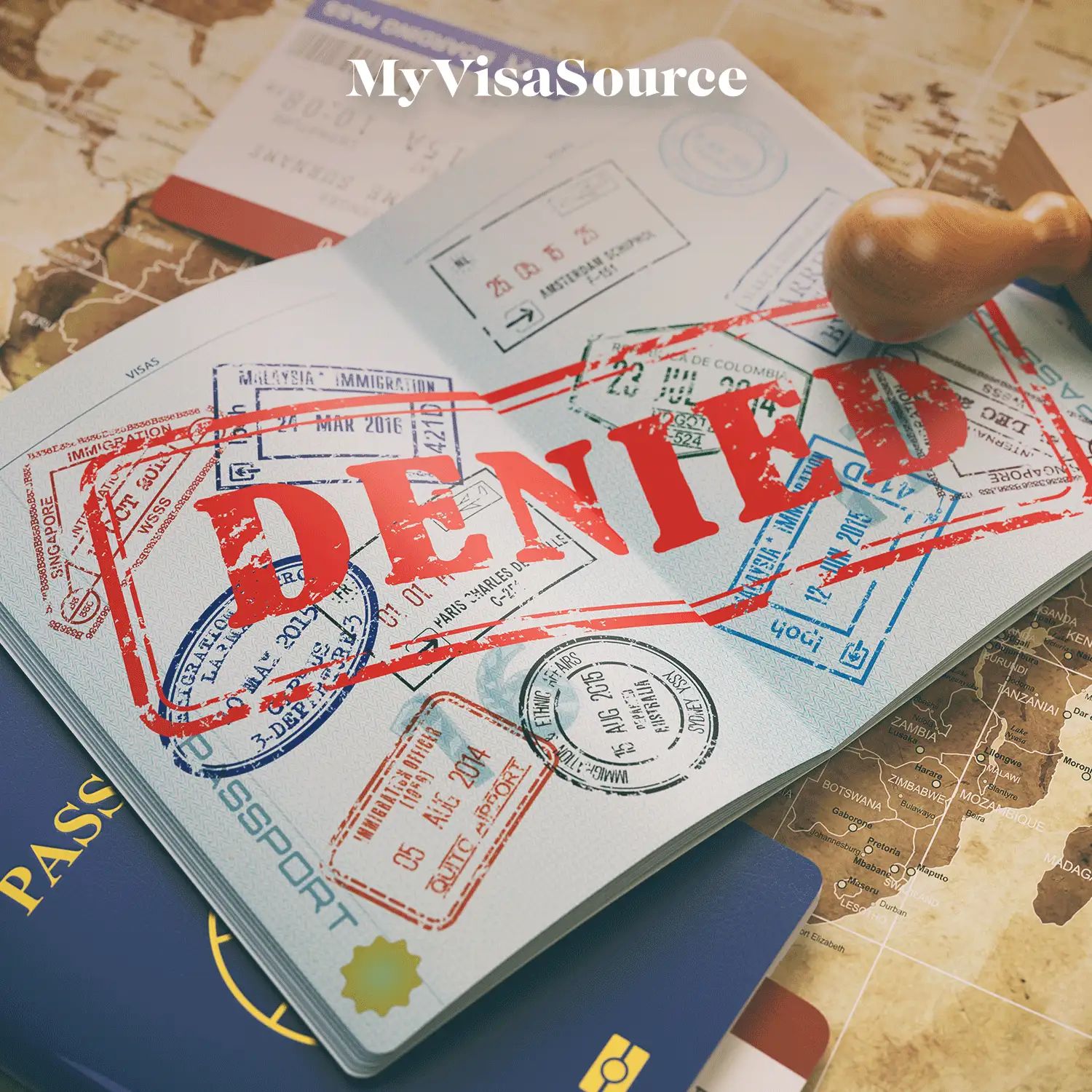You’re looking for a better life and you’ve decided on the great country of Canada. You’ve meticulously gone over your application, filled out the relevant forms and paperwork, and practiced your interview answers—imagine coming this far only to be told by an immigration officer that you are medically inadmissible to Canada due to your health. So what can cause someone be barred from entering Canada due to their health? There are two possible reasons:
- If your condition is a danger to public health or safety
- If your condition might cause excessive demand on health or social services
So what does all this really mean? Who decides and how do they do it? Read on to find out why you may be inadmissible to Canada due to health concerns.
(And if you’ve already been rejected on health grounds or if you think you’re definitely going to be disqualified, don’t give up just yet. We’ll also go over how to appeal the decision and get you to your new home.)
The Immigration Medical Examination (IME)
All resident applicants (both temporary and permanent) and refugees must submit to an Immigration Medical Examination (or IME). The IME typically includes a physical and mental examination, a review of past medical history, as well as some other laboratory and diagnostic tests.
The results from your IME will be examined by medical and immigration officers and used to determine if you are admissible based on your health.
Only physicians licensed by Citizenship and Immigration Canada can conduct the IME. If you are unable to find a licensed physician, within 250km of your residence, you can request a special alternate medical practitioner to test you.
Are You a Danger to Public Health or Safety?
There are two reasons you can be deemed a danger to public health or safety:
- For public health: if you are affected by a communicable disease that can be spread to other persons living in Canada.
For example, active pulmonary tuberculosis and untreated syphilis are both consider a danger to public health.
- For public safety: if you are affected by a condition that can make you unpredictable or violent to other persons living in Canada.
For example, certain impulsive sociopathic behavior disorders or paranoid states are both considered a danger to public safety.



















